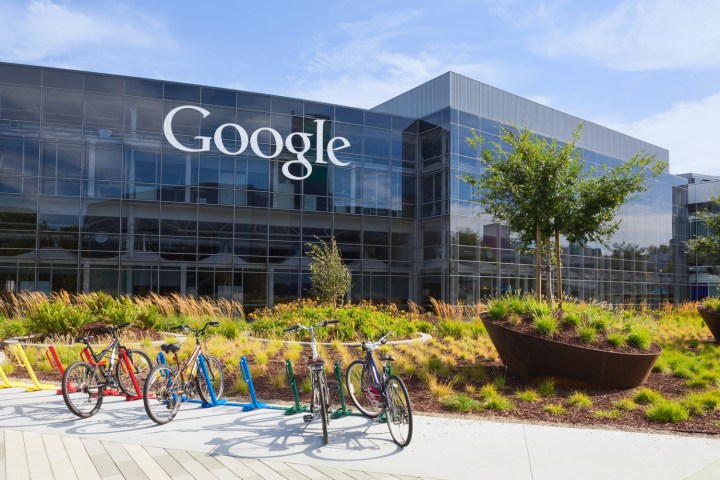
If an earthquake does indeed strike in your vicinity, you can search for “earthquake,” “earthquakes near me,” or something similar and you’ll be greeted with an “at-a-glance summary about the quake, right at the top of the search page.” You’ll be instantly made aware of the size of the quake, the areas affected, and be given tips on how to safely navigate the affected regions in the aftermath of the tremors. Moreover, the accompanying shakemap “will show areas that shook with various intensities, so you’ll be able to quickly assess the reach of the earthquake, as well as its epicenter,” Google says.
And to give you a bit more context as to how the latest quake stacks up against other events, Google will also display information from earthquakes within the last few months or years for comparison.
“Ensuring that our earthquake information gets to the people who need it is very important to the U.S. Geological Survey, and we are pleased that Google is finding creative approaches to help make that happen,” said USGS Earthquake Hazards Program Coordinator William Leith, in a statement.
“We hope that by displaying this result directly in Search, people will have fast and easy access to the information they need to stay safe in the face of an earthquake,” Google said. And given that the tech company’s headquarters are located in a high-risk zone, the tool could definitely benefit the firm itself.
Editors' Recommendations
- Google Drive vs. Dropbox: which is best in 2024?
- AMD’s new CPUs let you play Cyberpunk without a graphics card
- 10 helpful Gmail tips and tricks everyone should know
- Shopping at Apple this holiday season? You should know this
- Swatch lets you put a stunning Webb space image on a watch face


